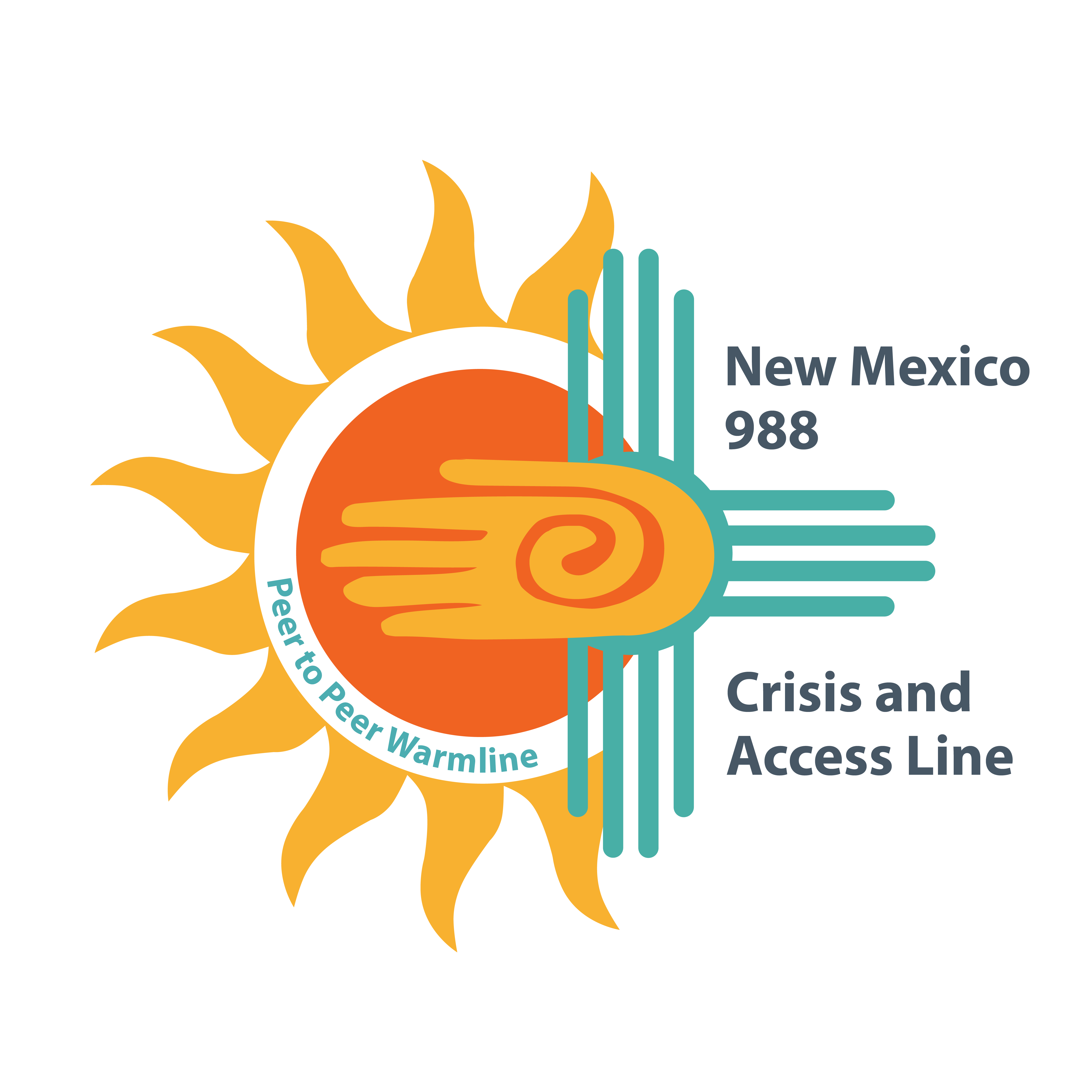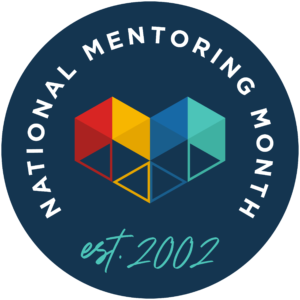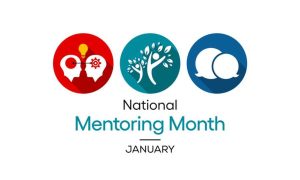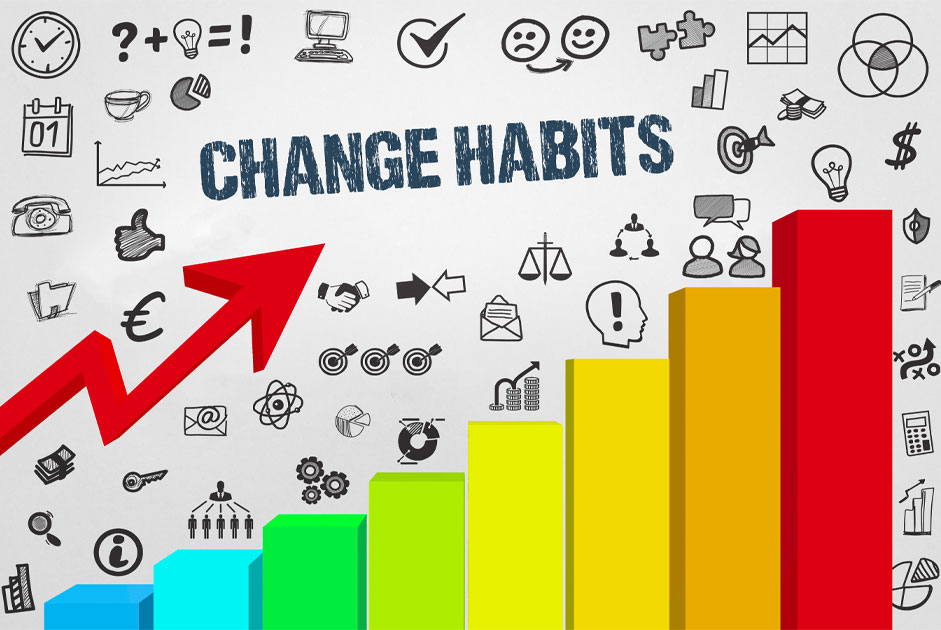Success comes with learning and what better way than through mentorship!
Mentoring offers empowerment and encouragement to assist others to find a pathway to be happier, healthier, and more successful. At its core, mentoring is about helping another person through offering advise, support and guidance on finding the right direction in life.
There are many benefits of mentoring, which is why this type of relationship is often established in schools, universities and organizations. Many celebrities have cited their mentors as having played a huge role in their success, and finding a mentor is on the top of many people’s career development lists. But less often discussed is the positive impact, for both the mentee and the mentor, that the relationship has on mental health and wellbeing.
1. Supporting isolation: Those struggling with mental health concerns often feel isolated. While the stigma around mental health issues is thankfully decreasing, it can still be very difficult to speak up. Having a mentor can provide someone struggling from mental health with a person who is invested in their success, leading them to feel less alone.
Studies have shown that there are also positive effects on the mentors themselves.
2. Reducing levels of anxiety: Those who experience anxiety often worry about everything from the simplest of tasks, to the people around them, to their own abilities. Feelings and worries can be minimized when they are shared with a mentor, who can then encourage and inspire. A mentor helps people work towards achievable goals, reduce anxieties, instill hope, and offer optimism around the future.
A Harvard Business Review conducted a study found that people who served as mentors experienced lower levels of anxiety, and described their job as more meaningful, than those who did not mentor. These findings were also found in a study by Cambridge Judge Business School, with mentoring reducing anxiety in mentors.
3. Increasing self-confidence: Mental health charity Mind says: ‘while low self-esteem isn’t a mental health problem in itself, they are closely linked’. An increase in confidence can therefore positively impact mental health, and help to challenge those limiting assumptions people can experience about themselves. Those with mentors frequently report an increase in their self-confidence, particularly as they feel supported in their decisions.. Mentoring relationships are a safe space for people to explore new ideas and grow without fear of judgement, as well as receive reassurance from someone they admire. These factors naturally work to increase confidence.
Mentors similarly experience improved self-esteem and confidence from the act of helping others achieve their goals. This rewarding feeling also results in improved mental health across the board.
4. Feeling listened to: This may seem obvious, but having a safe and formalized space where one feels listened to and valued has a positive impact on mental health. It’s not often that those safe spaces are available to us in our day to day lives. For those who do not have a family or friend unit they are close to, these spaces can be hard to come across full stop.
A mentoring relationship is built around mutual trust and confidentiality. It therefore provides a space to share without judgement, to be listened to and supported. For those experiencing mental health who might not have many people to talk to, mentoring can be very cathartic and supportive. However, it’s important to remember that a mentoring session is not a therapy session, and a mentor is not a therapist.
If need assistance and support for mental health concerns, reach out to New Mexico 988, the New Mexico Crisis and Access Line (855-662-7474), or the Peer-to-Peer Warmline (855-466-7100) to talk.
5. Offers Hope for the future: When people invest their time and energy in the lives and futures of others, it is a beautiful gift that leaves a lasting impression on everyone involved. When people invest their time and energy in the lives and futures of others, it is a beautiful gift that leaves a lasting impression on everyone involved. This January, celebrate National Mentoring Month by participating in a mentor program in your community. Here are ideas to help get you started:
- Get Educated: If you do not have a lot of information about mentoring and would like a better understanding, National Mentoring Month is the perfect time to up your game. Check out a book about the powerful impact of mentoring or listen to a podcast to learn more about how it is done in different places. Connect with local mentorship groups and ask for information about how they run their programs, how mentors and mentees get connected and how you can help the cause.
- Talk To Your Local Leadership: In some places, mentorship programs are unavailable or suffer from a devastating lack of funding. If this is the case in your community, consider reaching out to your local leaders to discuss the importance of mentoring programs and how your community might find a way to start and/or fund one. Even if your community has a thriving program, it never hurts to send your praise for it on to those in charge. When programs receive positive feedback from the community, it helps motivate leadership to keep them fully funded.
- Attend An Event: Check out your local mentoring program’s schedule of events for the month. If there are not any available to attend, you can sign up for virtual events designed to celebrate mentoring. These are hosted by experts from around the world who are eager to educate attendees about the power of mentoring and can be attended over video call or phone.
- Raise Funds For Mentoring Communities: Like most community programs, mentoring organizations can always use donations to help amplify their message and reach more potential mentors, mentees, and supporters. If you cannot host an in-person event, consider creating an online fundraiser to benefit local, national, or international mentoring organizations. Websites such as GoFundMe and social media have made it easier than ever for individuals to raise money for worthy causes.
- Become A Mentor: If you are able, consider becoming a mentor yourself this National Mentoring Month. Your commitment to the children you mentor might just be the thing that gives them the self-esteem they need to pursue the life of their dreams. Contact your local mentoring organization to see what you need to do to become a mentor and start changing the lives of the youth in your community today.
This January, think about the relationship benefits that can be built through mentoring. Countless smiles will shine brightly as futures are made brighter.











